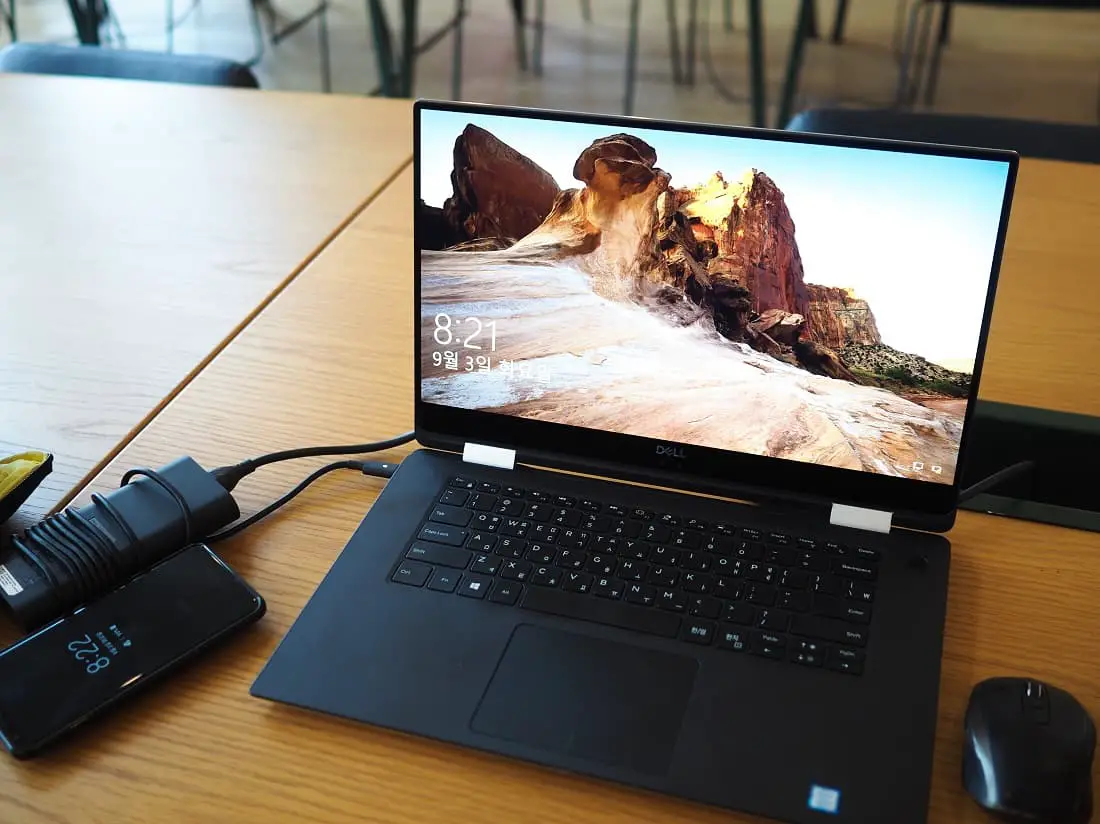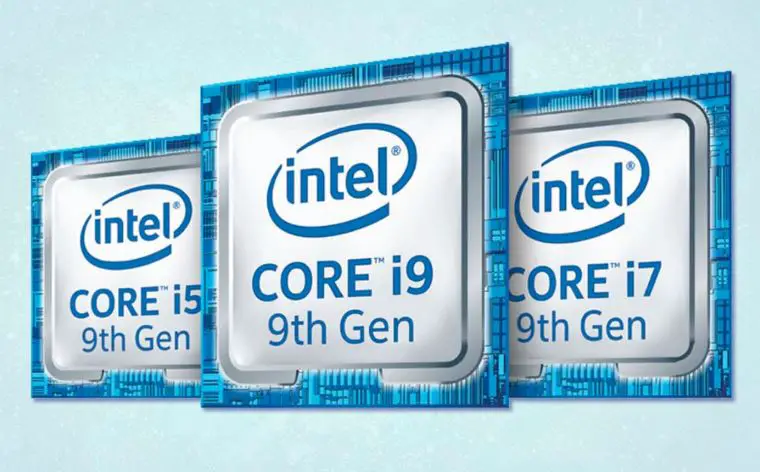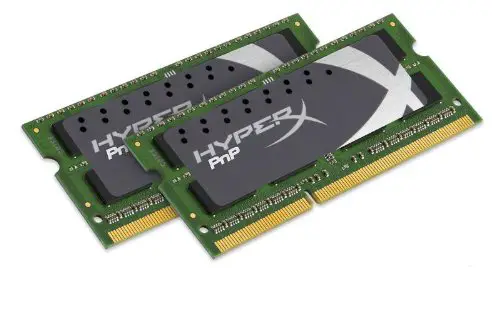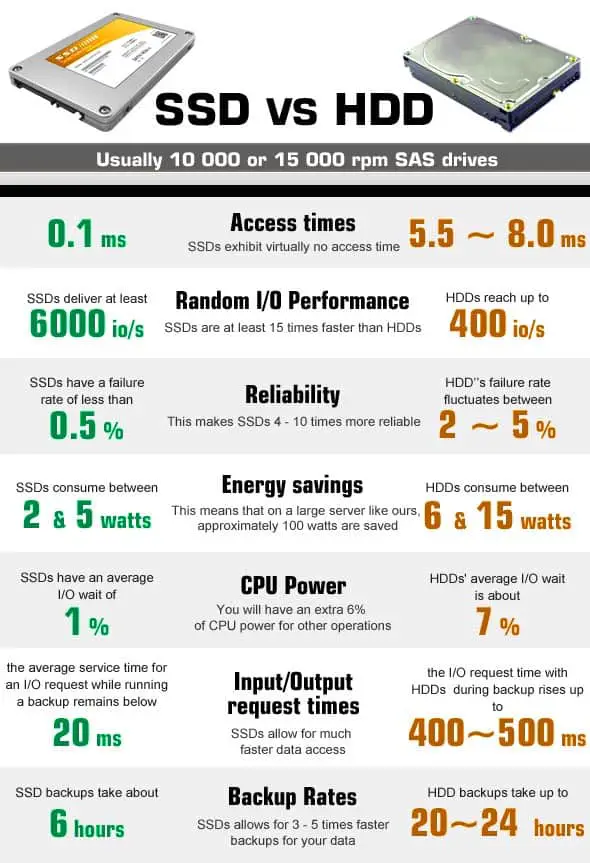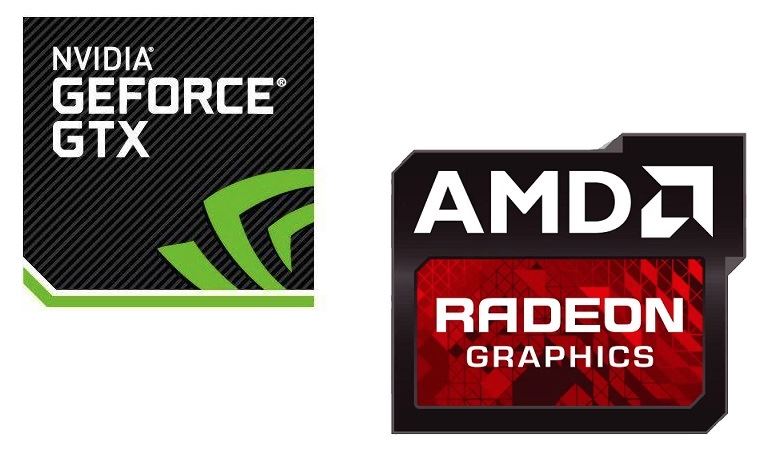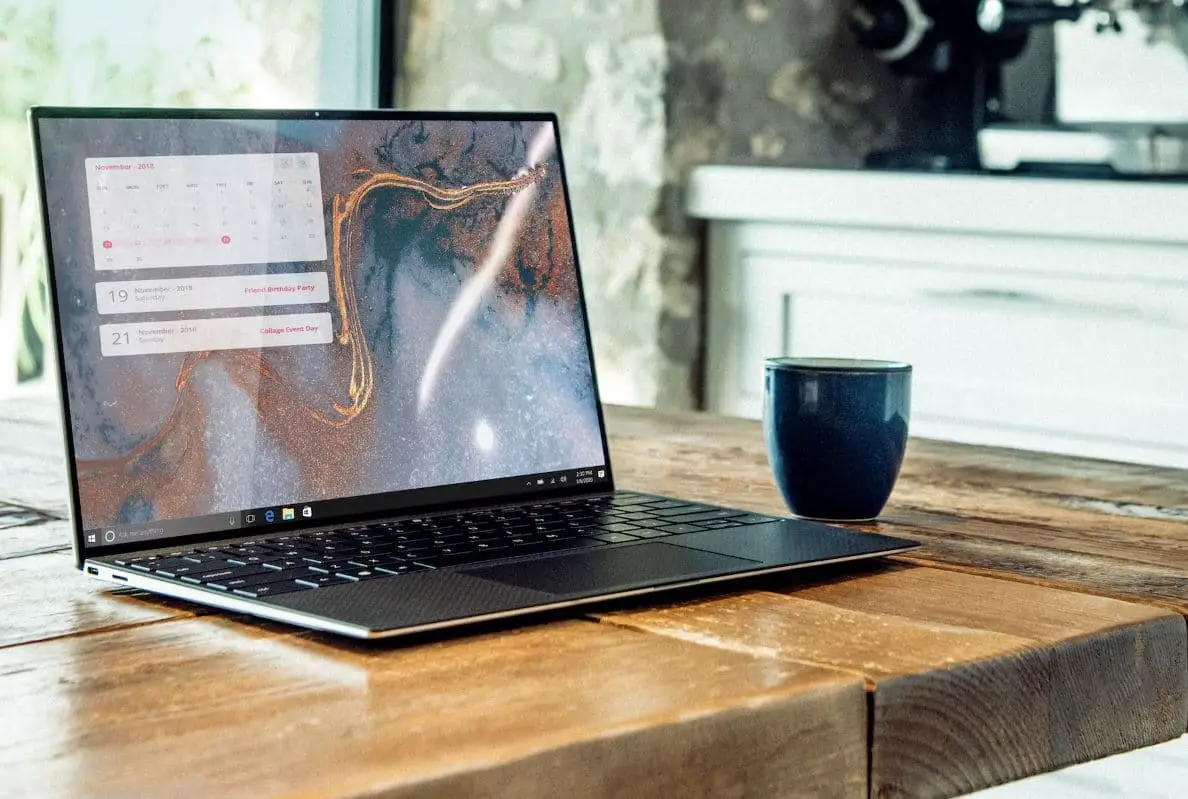If you are planning to buy a new laptop, then you might be getting confused after checking out all the different options available in the market. There are plenty of different types and brands Dell, Lenovo, HP, or Acer is selling a wide variety of sizes, features, and prices which makes it difficult to decide which laptop is best for you. Here this post explains the Features and Specifications of a good laptop that help to select the perfect laptop for yourself.
How to Choose the Right Laptop
Important features and specifications that should be considered while buying a laptop include RAM capacity, Processor speed & technology (i3/i4/i5/i7), Hard drive capacity, graphics card, and display size. You have to select the right balance of all these according to your work. A Laptop performance is based on 5 main pillars.
How to Choose the Right Laptop: Processor + RAM + Internal memory + Battery + Graphics card = Performance
What to check when buying a laptop?
It really depends on your own requirements and budgets, and size will play a big part in that. But if you are on a hurry here our recommend Choose display size between 12.5 to 14, intel core i5 processor, 8GB of RAM, 1920 x 1080 screen, Minimum 5 to 8 hours of battery life and prefer SSD Storage instead of a hard drive.
Size of your laptop
The first thing that you should consider before purchasing a laptop is the size. The size of the laptop is something that you can’t replace or change like RAM or ROM. That’s why you have to be very careful before selecting the size as laptops from 11.6 inches to 17.3 inches are available in the market. Brands like HP, Dell, ASUS, and Acer offer laptops in three size variations – 13.3-inch, 15.6-inch, and 17.3-inch. However, there are numerous other laptop brands present that sell other nonconventional sizes of laptops as well. So, if you like compact laptops, then you can go for small size and lightweight laptops, otherwise, medium size laptops are ideal.
- 12.5 to 14-inch display size that offers the best balance between usability and portability.
- 15-inch Display size: This is the most popular size, Consider this size if you want a larger screen and you’re not planning to carry your notebook around often.
Small screen laptops Provides the best balance of portability and usability, But Larger screens are fine if you don’t travel much and smaller models are great for kids.
Pick the best CPU for your laptop
When you are thinking of your laptop’s CPU, then it is very hard to look for anything else apart from the Intel Core Processor. So, you have to get a laptop with Intel chip only, but the real confusion occurs when you have to select between three dynamic options provided by Intel – core i3, core i5, and Core i7. The solution is pretty simple
- If you are looking for entry-level laptops, then the Intel Core i3 is for you.
- For general-purpose laptops, the Intel Core i5 is great
- whereas the Intel Core i7 is used in some high-powered devices.
- Intel i9 is the most powerful processor available on the market, but again not everyone needs an i9.
Processor acts as the brain of laptops, If you have more powerful the processor, the more tasks that the computer can process at a single time.
If you’re the kind of person who plays a lot of games, does a lot of video editing, or a programmer who will always be running powerful IDEs like Android Studio, then advise you to have at least a 12th-generation i5 processor. It’s exactly what you need to render those graphics, games, or powerful IDEs.
How much RAM (Memory) is needed on Laptop?
RAM (Random access memory) is measured in terms of Gigabytes(GB) which temporarily stores data as it is being processed by the processor. And the presence of RAM makes sure that you can run multiple apps smoothly on your laptop. There was a time when having 4 GB of RAM used to be sufficient. But, not anymore because today the RAM of your laptop should minimum of 8 GB. However, if you want to run multiple applications on your laptop, run heavy programs, or Play video games, then you have to settle for 16 GB RAM.
The amount of RAM decides on how smooth and lag-free an experience you get on your laptop. And we recommend buy a laptop with DDR 4 RAM as it is faster, efficient power consumption that improves battery life and feature proofs your laptop. Where DDR3 RAM are cheaper but older slower & consumes more power
Also read: Difference between static RAM and dynamic RAM, Which is preferred?
How much storage do I need on a laptop?
Even more important than the speed of your CPU is the performance of your storage drive. If you can afford it and don’t need a ton of internal storage, get a laptop with a solid-state drive (SSD) rather than a hard drive, because you’ll see at least three times the speed and a much faster laptop overall.
choose one with a SSD hard drive, if possible. It’s going to make your laptop much (much) faster. They are expensive, but nowadays you can get a 256GB SSD for about the price of a 1 TB mechanical hard drive. Having a 128 GB SSD might also be sufficient if you use online storage efficiently!
SSD is the newest and obviously, it has more advantages over HDD including faster rates of reading data. But the advantages come with a cost, SDD is somewhat more expensive than HDD. Read the SSD vs HDD Speed and Performance Comparison
Did I need extra graphics for my laptop?
If you’re not playing PC games, creating 3D objects or doing high-res video editing, an integrated graphics chip (one that shares system memory) will be fine. If you have any of the above needs, though, a discrete graphics processor from AMD or Nvidia is essential.
Also if you are into gaming, CAD drawing, high-end graphic design, 3D or high-resolution movie editing, it’s important you choose a dedicated video card (NVIDIA GeForce or AMD Radeon for example). Otherwise, pretty much any video card will do the trick
Display Quality
Okay, so you are eventually going to spend your entire day staring at your laptop screen so make sure to select the comfortable display screen. You have to consider screen resolution first as the 1920×1080-pixel resolution (Full HD) should be your first choice if you want plenty of space to line up windows and keep things in view. Up next, you have to consider some other screen features like do you want a touchscreen.
Nowadays, laptops with touchscreens are available to offer more functionality to users, but they produce glossy displays because of constant touching. This will be an issue if you have to watch content, edit, or write. So, you need to get a screen with some good display features only.
The size of the screen isn’t everything; the resolution should also be taken into account.
Keyboard
The next important thing you should consider in your laptop is the keyboard as you need a comfortable keypad system to work constantly. If you have to type a lot on your laptop, then you need a keyboard with full-sized keys and some space around the arrow. The keyboard should have adequate downtime and should give a snappy response every time you press the keys. You should also consider getting a keyboard with a backlight so that you can easily work in the dark.
Which brand is best for a laptop?
You might have a love for a certain brand or might just want to try out something new. So the brand choice is entirely up to you. But recommend you choose a brand that has to spend quite some time in the market. This is so essential because in the future, you might need to make replacements to some of your hardware components, stuff like the keyboard, screen and other components.
So, when you are going to purchase a new laptop, then foremost check its size, display, keyboard, CPU and RAM size before anything else. These are some technical specifications shared in the laptop buying guide which you can’t let go of, however, plenty of other additional features are also present that you can consider.
